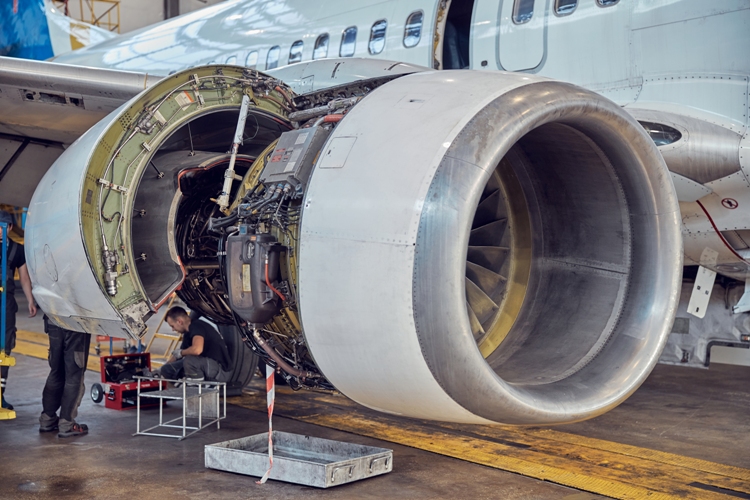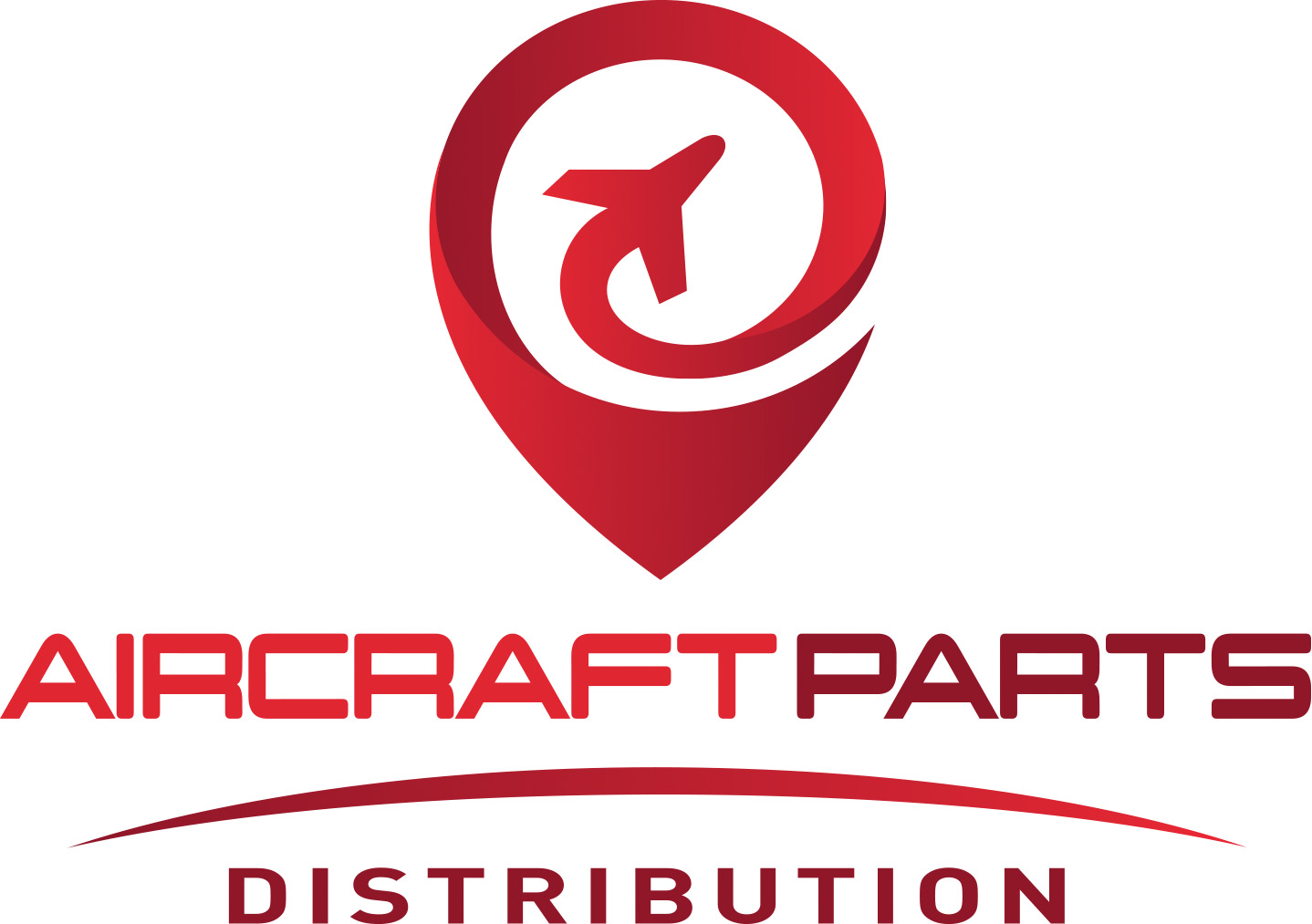

There is no denying that inspecting the aircraft’s exhaust parts is crucial. Even if there is one slight discrepancy in the exhaust system, it will result in carbon monoxide poisoning and loss of power of fire. Therefore, inspecting the aircraft exhaust system is crucial to ensure everyone’s safety. But before we get into that, let us share how to install the aircraft exhaust properly. As one of the best aircraft parts suppliers also offering inspection and maintenance services, we ensure the aircraft exhaust system is installed properly and checked thoroughly.
Here are some tips to ensure the aircraft exhaust system is installed correctly. These tips will make your job easier.
1) Loosen all the clamps and connections and then clean the joints.
2) When the new part loosely fits into the system, it gradually tightens up the components while moving the system in a somewhat random fashion, tapping the parts using a rubber mallet as you go.
3) If you tighten any component ahead of the others, you might put them in a bind, and that will cause a cracking.
4) If the new exhaust part doesn’t fit, you must replace the adjacent parts with a ball joint or a flex joint to get some wiggle room.
As a trustworthy aircraft parts supplier, we must tell you that if the parts simply doesn’t come together, it is better to send the complete system for overhaul so that the joints can be custom fit on the actual engine in the shop. Also, you should consider getting all new parts, which will cost you 20% more than the overhauled parts.
Aviation exhaust systems play a crucial role apart from expelling waste gases. They also manage the engine performance, reduce noise, help in cabin heating, and optimize the pressure for efficient engine power.
The different aircraft exhaust components include:
Aircraft exhaust manifold
Aircraft exhaust stack
Heat exchangers
All other additional components like augmenter tubes and wastages in the turbocharged systems
The heat exchangers warm the external air by passing it over to the aircraft exhaust pipes, where the heat exhausts through the walls. The heated air is directed to the cabin, offering a heat source for the passengers and the pilots.
Augmenter tubes use the aircraft exhaust gases to create low-pressure areas that draw any additional air out of the engine compartment. It enhances the cooling, especially during troubling flight conditions.
The turbocharged aircraft will have wastage that stops the exhaust gas of the aircraft from flowing into the turbocharger. This impacts the engine performance and boost. Therefore, this setup needs precise control in the aircraft exhaust system.
It is crucial to opt for regular maintenance of an aircraft system because this will ensure safety and performance. Inspections will detect cracks, leaks, heart discoloration, thinning or erosion of pipes, and excessive carbon buildup. Detecting them early will prevent all sorts of catastrophic failures.
Aircraft emissions cause air pollution and climate change by releasing harmful substances. Better aircraft and aviation exhaust systems adopt cleaner fuels and innovative designs that help in reducing emissions.
If the aircraft exhaust systems are not inspected, it will lead to the failure of the aircraft’s engine and will also hamper the airplane’s performance. Therefore, it is crucial to inspect the aircraft exhaust system regularly.
As a renowned aircraft parts supplier, SOPs offer instructions for proper aircraft exhaust system operation, troubleshooting, and emergency protocols. Following the SOPs ensures complete, safe system functionality.
1618 N Ohio Street
Augusta, KS. 67010
2024 © Aircraft Parts. All Rights Reserved.
Designed By Digital SFTware
